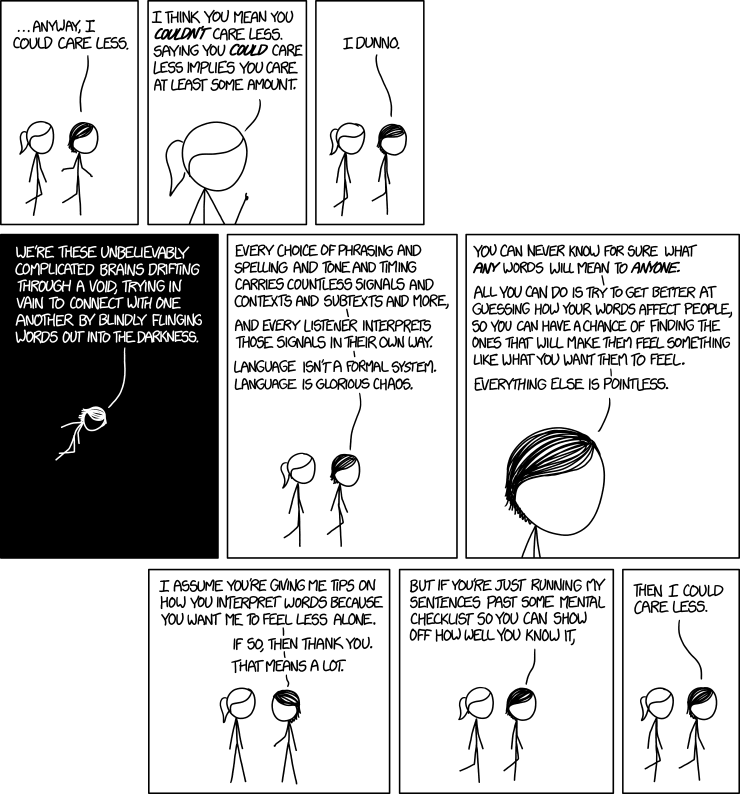
Offered as a follow on to my previous post.
None of these ideas–the goodness of the material [world], the progress of history, the dignity of individuals, the significance of choices, and the value of emotions–made any sense in an impersonal universe and therefore they had never arisen. Nietzsche’s great critique of modern secular humanism strikes at the irony of this point: Though none of these (basically Christian) moral ideas rationally follows from an impersonal universe, late modernity has inherited them, intensified and absolutized them, and cut them completely loose from any transcendent grounding fruit of Christian ideas and severed the root. Now all these ideas must be held in the face of what is thought to be a completely impersonal universe, even more impersonal than the ones believed in by ancient societies because it has no supernatural or spiritual aspect to it at all. – Tim Keller, Preaching: Communicating Faith in an Age of Skepticism, 129.
Late modernism borrows heavily from Christianity and absolutely refuses to acknowledge it. If the universe is impersonal, as science claims it must be, and history is pointless, then why get up in the morning? There’s no benefit to dragging a comb across the crown of your head because in 10,000 year, a blink of an eye to the impersonal universe around you, you won’t exist nor be remembered. Your contributions and efforts will have affected nothing. Late modernism borrows Christianity’s optimism and then criticizes us for the reasons for our hope.

